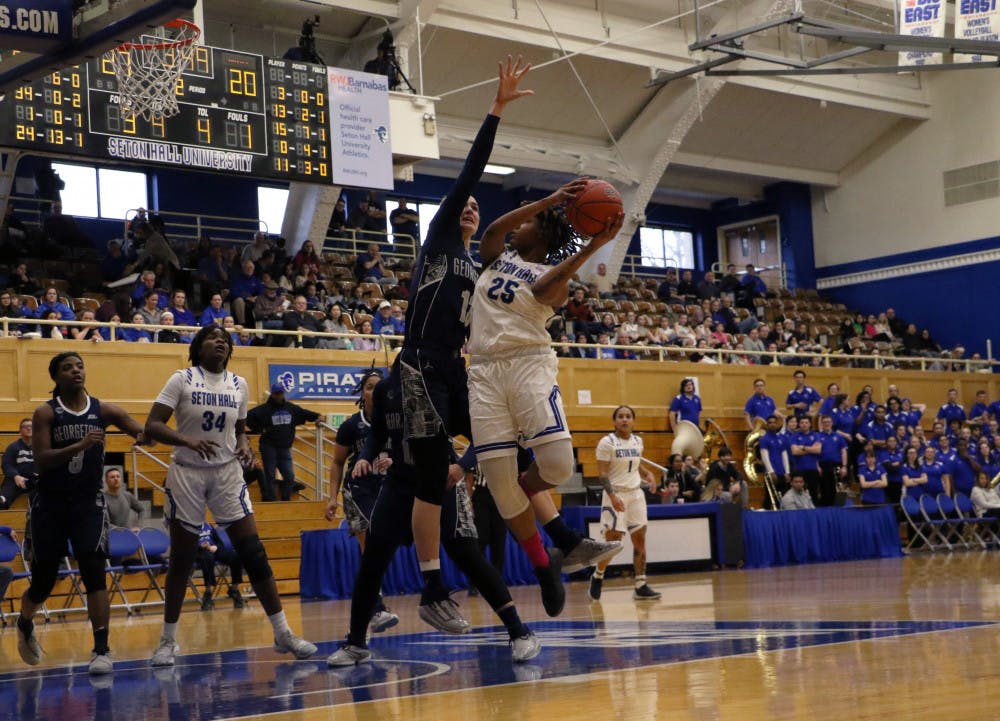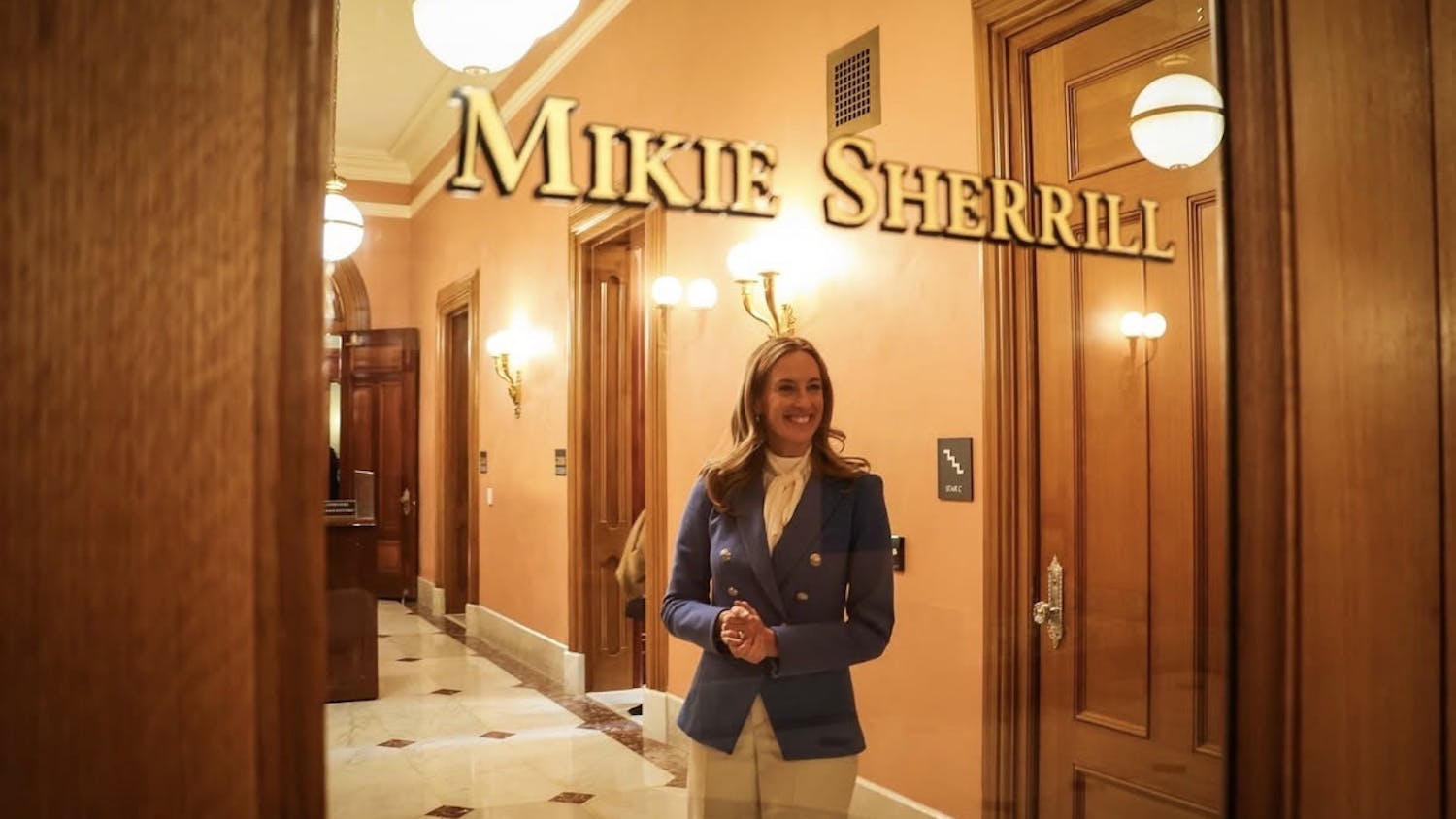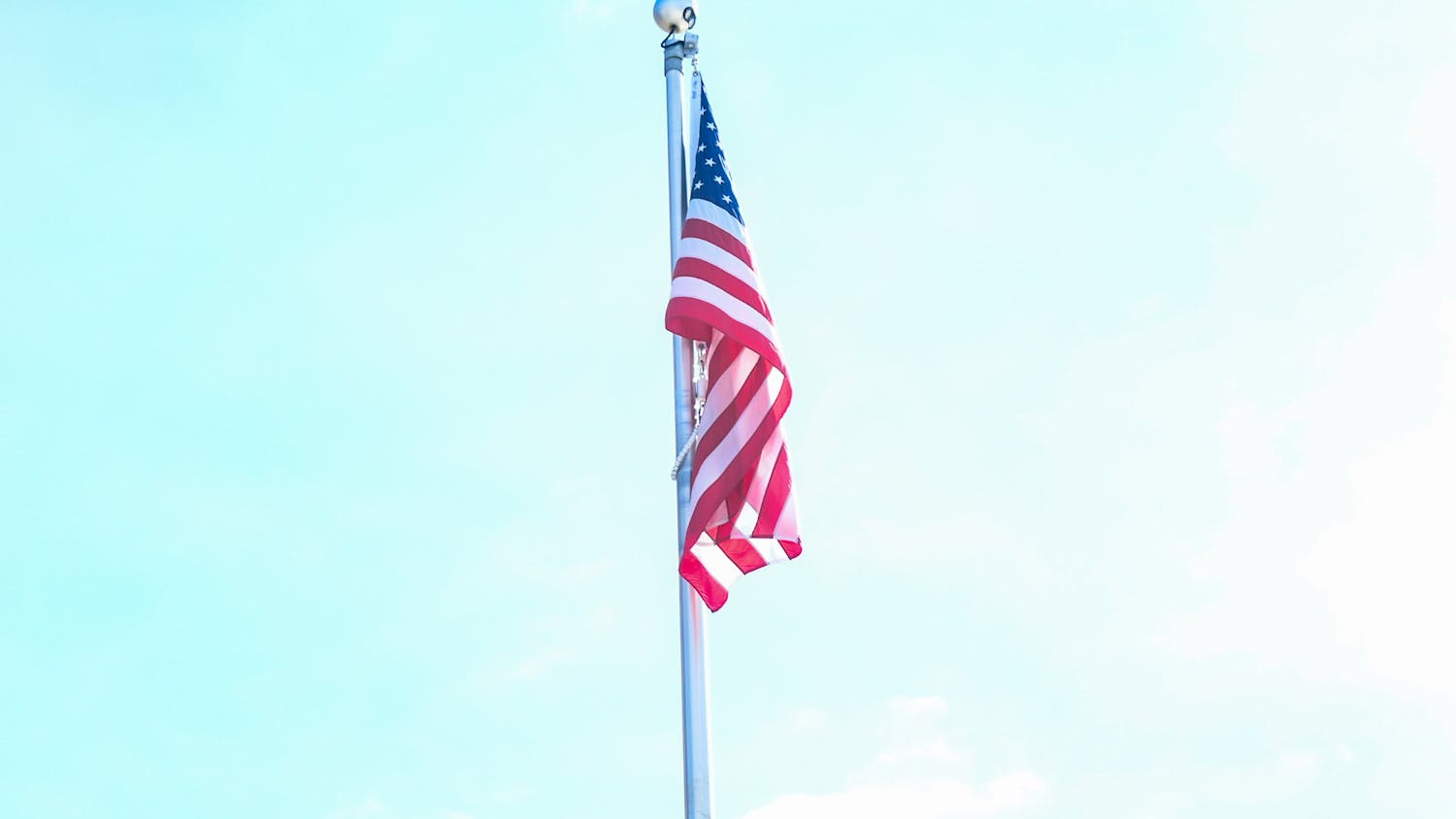Seniors may be surprised to learn two things about their diploma on graduation day: they won't get it at graduation and most won't be able to read it when they do.
Seton Hall is continuing its tradition of issuing it's diplomas in Latin this year. The university will hand out a total of 2,080 degrees, 1,028 of which will be undergraduate and 1,052 of which will be graduate degrees, all in Latin.
Peter Ahr, an associate professor for the department of religious studies, says that the diplomas are written in Latin because that was the universal language of universities when they were founded in the 12th and 13th centuries.
Director of University Registrar and Enrollment Services Mary Ellen Farrell echoed Ahr.
"The tradition was still prevalent in the United States in the 18th century and present in the 19th, when Seton Hall was founded," Farrell said.
"Though that has certainly changed here and abroad to feature instruction in the vernacular, the traditions of commencement and diplomas remain tied to our medieval and European roots."
Harvard University also issues diplomas in Latin.
"(Universities still hand them out) for the same reason we have everybody come to commencement dressed in medieval garments reflecting the ‘degrees' everybody has earned. In the Middle Ages, a ‘degree' was something like a social rank," Ahr said.
An English translation is provided to each student along with their diploma. Farrell said one change the diploma is undertaking is its size. The university is reverting back to the original 8.5 by 11 inches format.
Senior Elizabeth Jarocki was one of the final valedictorian candidates for the class of 2010. She said while the process was intimidating at times, she was proud to represent the Immaculate Conception Seminary School of Theology in the valedictorian selection process.
"It was really exciting to be presented with that opportunity, and I look forward to hearing the speeches of those who were selected," Jarocki said. She also didn't mind that her diploma would not be in English.
"Using the language of the Roman Catholic Church on diplomas is fitting for a Catholic university and a great way to remind graduates of the foundation and mission of Seton Hall," Jarocki said.
Senior Mark Cantine is familiar with the Latin diploma he will receive on May 17.
"I think that it is a nice tradition, and it helps us maintain some formal academic tradition," Cantine said. "Personally, I don't really care what language my diploma is in, as long as long as I have one."
Ahr said, as a classics major and Seton Hall alumnus he loved that the diploma was issued in Latin.
"I think the Latin diploma is an enduring testimony to the strength of the university as an institution, a small link between the 21st century and the 12th," Ahr said. "It affirms in a quiet way the continuing value of the pursuit of knowledge that all of our graduates are part of. Practical? No. But symbolic, yes."
Cantine is positive about the changes to the commencement ceremony this year.
"Personally, I think they are all very exciting," Cantine said. "We are wearing blue gowns (versus our traditional black) which I think will only contribute to our school spirit. I also know that our diploma case will have a pirate logo on it, also very exciting."
Another change this year is that faculty will not be sitting in the front of the ceremony with the dais.
"The Provost felt that it would be appropriate for the faculty to be seating close to the students whom they have taught and mentored over the years," Farrell said. "This is a time for celebration and anticipation of the success and happiness of the Class of 2010 as they go forth to begin the next stage of their lives."
Stephanie Bower can be reached at stephanie.bower@student.shu.edu.





